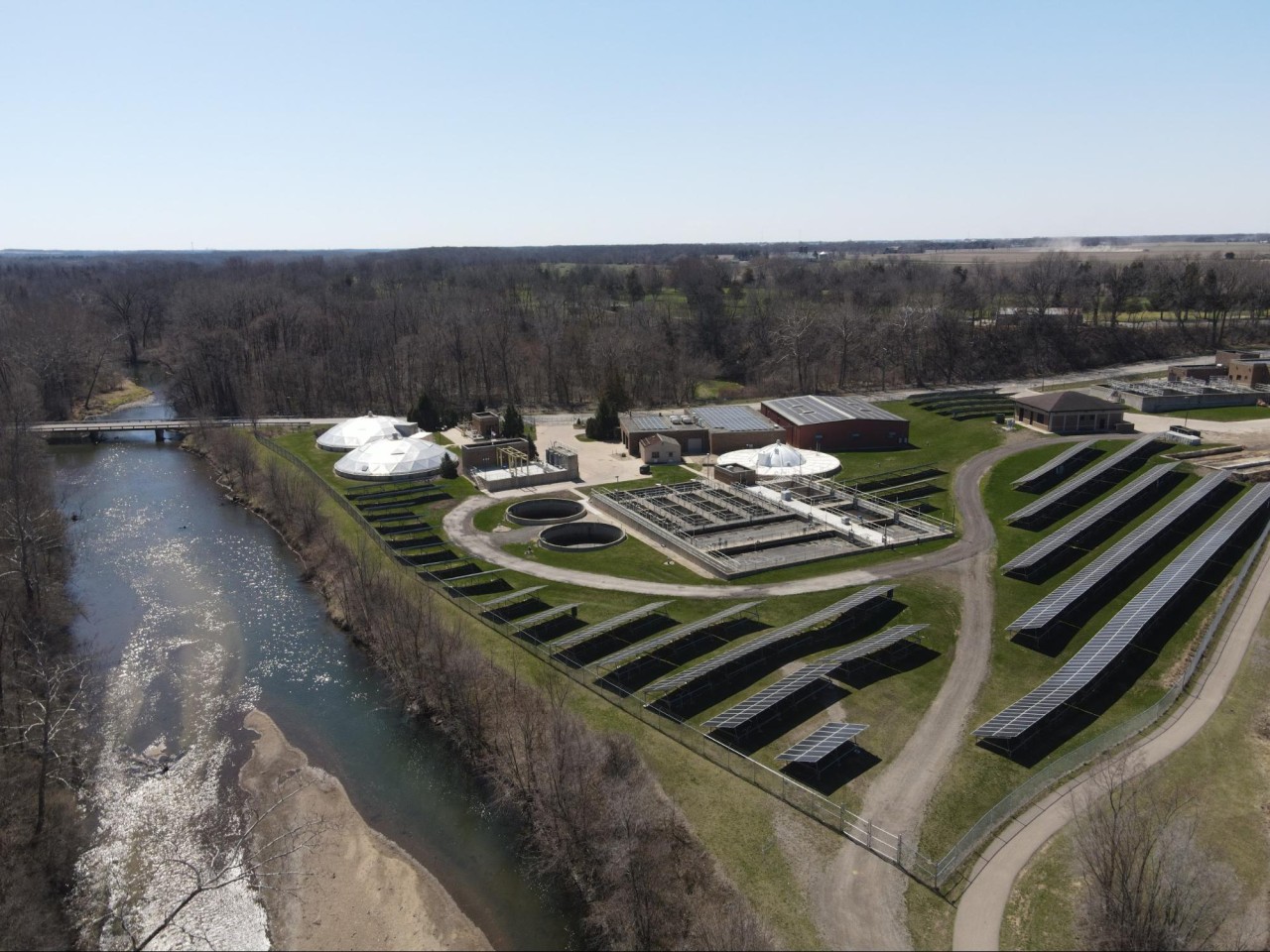Understanding commercial sewage treatment plant costs
Cost estimates play a critical role in the early planning stages of commercial sewage treatment systems. The first step in planning a wastewater treatment system upgrade for an industrial facility involves identifying suitable treatment processes and equipment. The next step is comparing the treatment processes, taking costs and operational realities into consideration. Several factors influence the total commercial sewage treatment plant cost, including organic loading levels, expected flow volumes, pollution control needs and dilution conditions in the effluent-receiving waters.
For industrial or commercial facilities, decisions about setting up an upgraded or retrofitted a sewage treatment plant depends on water pollution control needs defined by the local regulatory standards. This blog post outlines commercial sewage treatment plant costs and how partnering with an expert like Fehr Graham can help you design a wastewater treatment system for your industrial facility.
|
These factors determine the processes and equipment used for industrial wastewater treatment. Additionally, upfront planning costs, installation charges, level of system automation and operation costs may further influence the overall commercial sewage treatment plant costs.
Industry-specific cost examples
Commercial sewage treatment plant costs vary depending on the industry. For example, effluent from food processing plants, particularly those manufacturing dairy products and beverages, contains more BOD, oils and grease. The wastewater treatment technology at these facilities revolves around removing biological contaminants through membrane reactors, dissolved air flotation and other technologies.
- Estimated cost at 100 gallons per minute: $500,000 to more than $1 million, depending on discharge limits and BOD levels.
Effluent from metal manufacturing plants contains suspended solids and metals, such as iron, zinc, lead and nickel. Wastewater treatment at such facilities is focused on physical and chemical clarification and metal removal.
- Estimated cost at 100-500 GPM: $200,000 to $700,000, depending on the level of contaminants with respect to the local discharge regulations.
It is worth noting that actual costs are realized once plans and specifications have been completed and approved, bids for construction work, materials and equipment have been received, and contracts have been let. Partnering with an experienced team of wastewater engineers can help you with accurate cost estimates while setting up a commercial sewage treatment plant.
How Fehr Graham can help you determine commercial sewage treatment cost
At Fehr Graham, we are a team of wastewater engineers committed to helping communities and industries strengthen their wastewater infrastructure. Some of our past projects include:
- Upgrading South Beloit, Illinois, Wastewater Treatment Plant.
- Upgrading the Wastewater Treatment Plant in Winthrop, Iowa, to meet ammonia and E.coli limits.
- Upgrading Monticello, Illinois, Wastewater Treatment Plant.
From planning and developing custom solutions to executing upgrades and retrofits, we are a one-stop shop for wastewater treatment. Our extensive experience and expertise in wastewater engineering and grant management ensure the successful outcome of your projects.
To learn about how Fehr Graham can help you estimate commercial sewage treatment plant costs, contact us or call 563.927.2060.

|
Lucas Elsbernd, a Professional Engineer and Senior Project Manager, finds innovative solutions to challenging water and wastewater projects. He manages municipal, commercial and industrial planning and design projects in the water resources environment. He fosters a positive client experience and collaborates with leaders throughout the firm on project pursuits and technical issues. Lucas is one of the firm’s water and wastewater experts. He has a strong technical knowledge of water and wastewater treatment design and construction engineering. He can be reached at |
Collaborative, Insightful, Results-Driven Solutions
Fehr Graham provides innovative engineering and environmental solutions to help improve the lives and communities of our customers.

